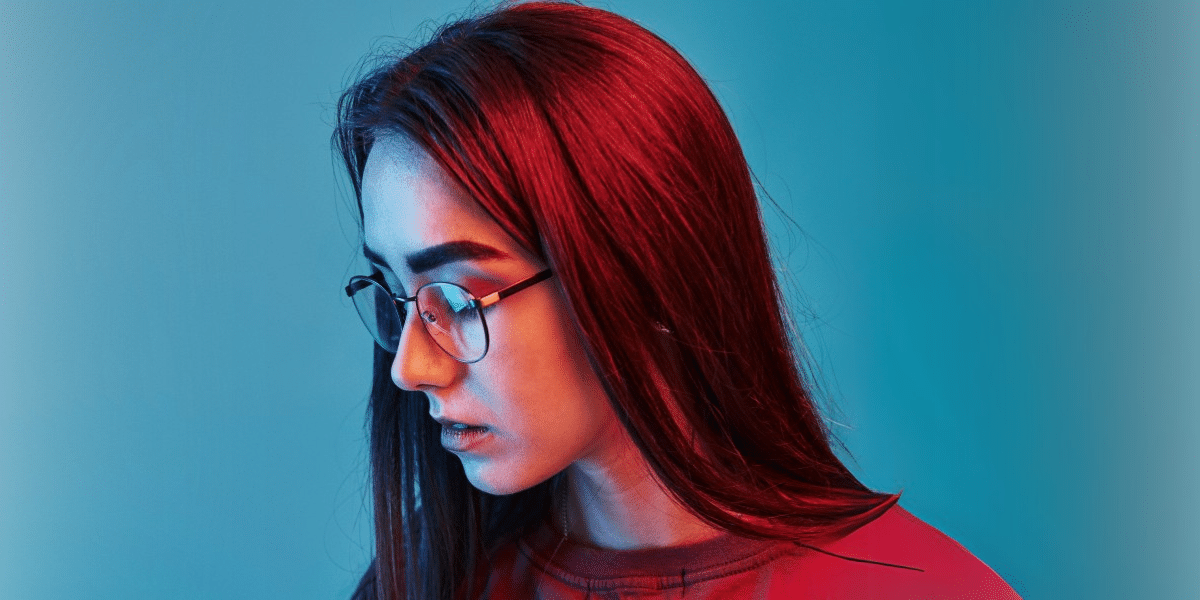In our increasingly digital world, concerns about blue light exposure have become a hot topic, leading to the growing popularity of blue light-blocking glasses. Designed to filter or reduce blue light emitted from digital screens such as computers, smartphones, and tablets, these glasses aim to protect our eyes and enhance overall well-being. But do they truly deliver on their promises? Let’s explore the science of blue light, the potential benefits of these glasses, and their effectiveness.
What Is Blue Light?
Blue light is a high-energy, short-wavelength light emitted by various sources, including the sun, LED screens, and fluorescent lighting. Exposure to natural blue light during the day is crucial in regulating our sleep-wake cycle (circadian rhythm), boosting alertness, and elevating mood. However, concerns have been raised about the excessive blue light exposure from digital devices, which many people use extensively throughout the day and even at night. Prolonged exposure to blue light has been linked to digital eye strain, sleep disturbances, and potential long-term risks such as macular degeneration.
Benefits of Blue Light Blocking Glasses
Blue light-blocking glasses are designed to reduce exposure to blue light by filtering out or absorbing a portion of the blue wavelengths emitted by screens. Proponents claim these glasses can:
1. Reduce Eye Strain: Extended screen use can lead to digital eye strain, which is characterized by symptoms such as dry eyes, blurred vision, headaches, and difficulty focusing. Blue light-blocking glasses aim to reduce these symptoms by minimizing blue light exposure.
2. Improve Sleep Quality: Blue light exposure, particularly in the evening, can suppress the production of melatonin, a hormone that regulates sleep. By blocking blue light, these glasses help improve sleep quality and make it easier to fall asleep after using digital devices.
3. Alleviate Headaches and Migraines: Some users report that blue light-blocking glasses help reduce the frequency and intensity of headaches and migraines triggered by screen time.
4. Protect Eye Health: Although the long-term effects of blue light exposure are still being studied, some experts believe that reducing blue light exposure may help protect against potential eye conditions like macular degeneration.
Assessing the Effectiveness of Blue Light Blocking Glasses
While the claims surrounding blue light-blocking glasses are compelling, scientific evidence remains mixed. Some studies suggest that wearing blue light-blocking glasses can improve subjective measures of eye comfort and sleep quality among individuals who use digital devices, particularly before bedtime. For instance, participants in certain studies reported reduced eye strain, less screen-related fatigue, and better sleep after using these glasses.
However, other research has found minimal to no significant benefits. Reviews and studies comparing blue light-blocking glasses to placebo glasses often yield inconclusive results, suggesting that any perceived benefits might be due to factors like placebo effects or reduced overall screen use rather than the glasses themselves.
Factors Influencing Their Effectiveness
Several factors can affect the effectiveness of blue light-blocking glasses:
- Wavelength of Blue Light Filtered: Blue light encompasses a range of wavelengths, and different glasses block different portions of the spectrum. Higher-quality glasses may filter out a broader, more targeted range of harmful blue light.
- Duration of Screen Exposure: Individuals who spend long hours on digital devices may experience more noticeable benefits from using blue light-blocking glasses.
- Individual Differences: Eye physiology, sensitivity to light, and personal sleep patterns can all influence how well these glasses work for a specific person.
- Quality of the Glasses: Not all blue light-blocking glasses are equal. Some offer more effective filtration and greater comfort than others, making it essential to choose high-quality products.
Practical Considerations
While blue light-blocking glasses may offer some relief for digital eye strain and improve sleep for specific individuals, they are not a cure-all solution. Their effectiveness can vary widely, and more research is needed to understand their impact fully. Here are a few practical tips for those considering these glasses:
1. Choose Quality Products: Look for reputable brands that specify the range of blue light they block. Avoid low-cost imitations that may offer little to no benefit.
2. Limit Screen Time: Reducing screen exposure, especially before bedtime, can significantly improve eye health and sleep quality.
3. Practice Good Eye Care Habits: To reduce eye strain, use the 20-20-20 rule (look away from your screen every 20 minutes for 20 seconds at something 20 feet away). Adjust screen brightness, increase text size, and use anti-glare screens.
4. Seek Professional Advice: Consult with an eye care professional to determine whether blue light-blocking glasses fit your needs and explore other options for maintaining eye health.
Balancing the Digital World with Eye Health
Blue light-blocking glasses have become a popular tool for combating the potential adverse effects of digital screen use. While evidence supporting their effectiveness varies, they may relieve some individuals experiencing digital eye strain or sleep disturbances. However, maintaining a balanced approach that includes limiting screen time, practicing good eye care habits, and seeking expert guidance is essential for optimal eye health and well-being in today’s digital age. Whether you use blue light-blocking glasses or explore other solutions, taking proactive steps to protect your eyes will help you thrive in an increasingly screen-dominated world.
Published by: Martin De Juan








